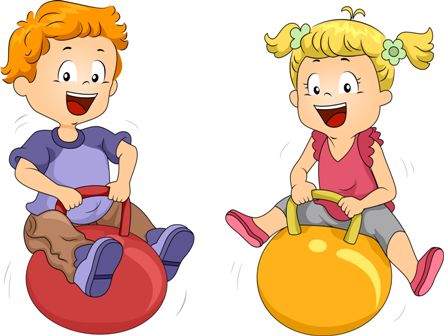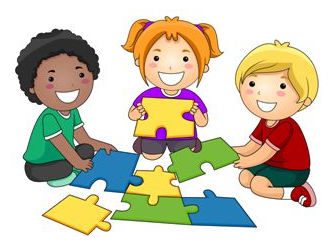Children's health
Children learn to follow good health and hygiene practices from an early age through well-established routines. For example, they know to wash their hands before snack time and staff consistently reinforce the need to wash away any germs. Children receive appropriate care if they are ill or have an accident because staff are aware of children’s individual health care needs and all the required documentation and consents are in place to support this. In addition, staff attend first aid training to ensure they are aware of the correct procedures to follow in the event of a medical emergency.
Children’s dietary needs are met through the provision of healthy snacks that take account of their individual dietary requirements and preferences. The organisation of snack time enables children to begin to take some responsibility for their own needs as they choose when to have their snack which features fresh fruit and vegetables. Healthy eating is consistently reinforced during their play, for example, during discussions about how milk makes them big and strong and that vegetables contain vitamins.

Children enjoy a broad range of physical play experiences that contribute to a healthy lifestyle.They have good opportunities to develop a positive attitude towards physical play both indoors and in the church garden. Children have access to a good range of physical play equipment and develop skills such as running, crawling, balancing, catching balls and pedalling bikes. They demonstrate increasing control while using equipment such as scissors, threading activities and a variety of mark-making tools to help them develop their hand to eye coordination.




